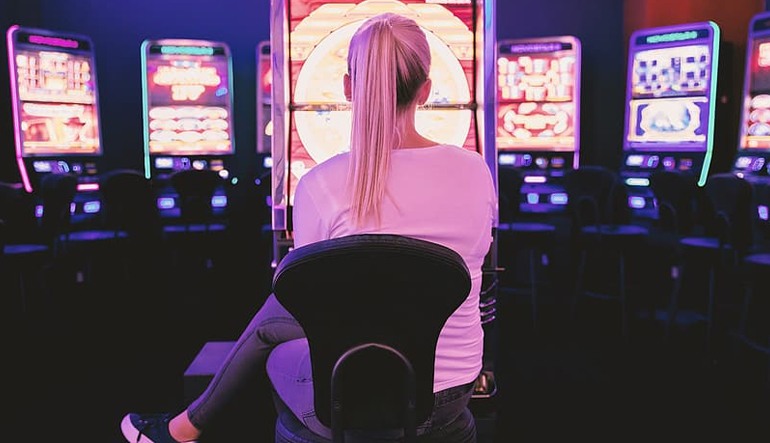Gambling Related Problems For Women Heightened by Gender Inequality
 Chistopher Abela
Chistopher AbelaPosted On: APR - 19 - 2020
Reading Time: 3 minutes

In a recent study funded by the Ministry of Health reveals that gambling venues provide respite for women from family responsibilities. However, this comes at a cost especially for those women with a lack of social support.
The report also highlights the glaring deficiencies for women when it comes to safe recreational services in their local communities. This gap in social services was highlighted by Dr Katie Palmer du Preez, Senior Research Fellow at Auckland University of Technology (AUT) who had the following to say “Women’s socio-cultural positioning as primary caregivers contributes to gambling harm by placing unrealistic expectations on them, while simultaneously constraining their ability to prioritise their own well being. Gambling venues in local communities offer some women respite, distraction, comfort and connection or time-out, but also place them at heightened risk of gambling problems and harm,”
The report highlighting the gambling related harm to women also mentioned how gambling may be seen as a less harmful way of dealing with the hardships of life. In particular, the report referred to how gambling would provide respite from family stress and was a better alternative to smoking or drinking. The report also suggests how gambling services should position themselves to identify and effectively deal with the issues faced by women on a day to day basis.
The Ministry of Health urged the AUT’s Gambling and Addictions Research Centre (GARC) to further look into this matter. AUT was asked to explore the factors that influence gambling harm in women and use the findings to identify prevention techniques. The report has been hailed as a step in the right direction when it comes to gender equality especially in the field of gambling.
Most reports tend to focus on the issue of gambling harm on an individual basis rather than a public health issue. It is crucial that more effort is being made by the authorities in New Zealand to understand how gambling affects both genders. This is to ensure that the correct prevention and reduction measures are placed into effect to tackle the issue.
The report also suggests that the public health campaigns encouraging women to take time out from gambling and put more time into whānau are likely to be more damaging. The report specifically referenced the campaigns for the Gambling Harm Awareness Week and concluded that such efforts are likely to be less effective.
Dr Katie Palmer du Preez had the following to say ”This messaging is concerning in the context of our findings, where gendered responsibility for family well being was found to be a contextual factor for problematic gambling and harm among women. Family and community interventions should recognise that ‘the family’ can be a problematic space for women in terms of health and wellbeing, and explicitly address issues of gender inequality, power and privilege played out in families and communities”
As per the report women are prone to gambling as much as their male counterparts. However, they also suffer from a higher risk when it comes to community based gambling. Women are also likely to gamble a bigger chunk of their available income than men.
The report calls for a dual approach when it comes to minimising gambling harm for women. First, electronic gaming machines must be removed from community venues. This need to be supplemented by a facilitation towards gender equality. The more we move towards creating gender equality, the lower the chances of women suffering from gambling harm.




